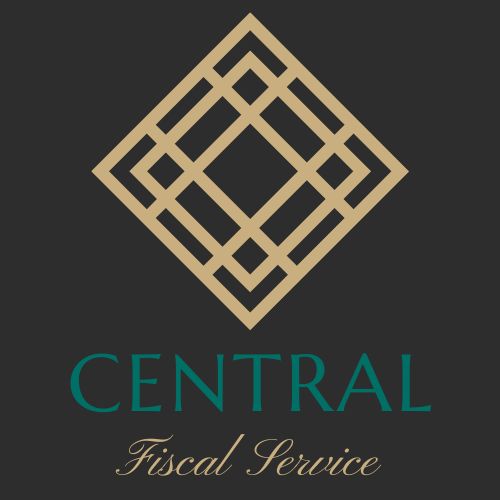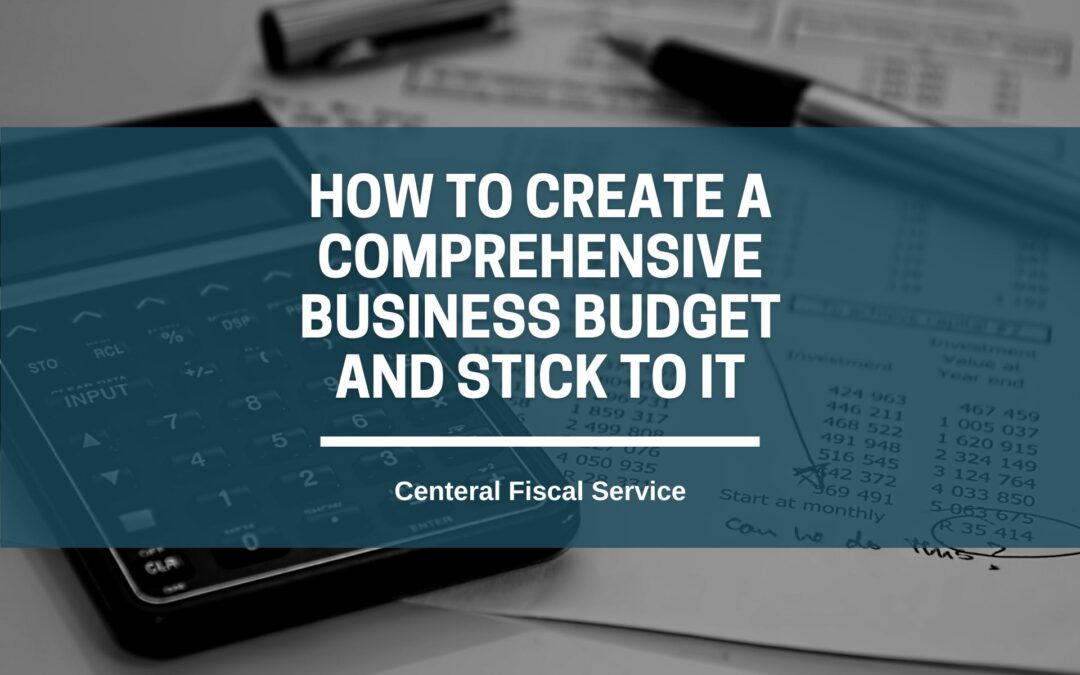Creating a budget for your business is crucial in helping you make informed financial decisions and reach your goals. It allows you to anticipate future revenue and expenses and track whether you’re on track with your financial expectations. Here are six steps to creating a comprehensive business budget:
- Examine Your Revenue: Begin by analyzing your current revenue sources and tracking them over past months. Look for any seasonal patterns and predict future revenue based on historical data. Differentiate between revenue and profit – revenue is the total money generated by sales before deducting expenses.
- Subtract Fixed Costs: Identify your fixed costs, which remain constant regardless of your business’s income. These include rent, debt repayment, salaries, depreciation, and insurance. Use historical data to predict future fixed costs and subtract them from your income.
- Subtract Variable Expenses: Consider the expenses that fluctuate with your business’s production or output. Examples include hourly employee wages, owner’s salary (if it varies with profit), raw materials, and utility costs. Estimate these expenses based on historical data and subtract them from your income.
- Set Aside a Contingency Fund: Plan for unexpected costs by keeping an emergency fund. Instead of spending surplus income on variable expenses, establish reserves for equipment breakdowns or unexpected damage to inventory.
- Determine Your Profit: Add up the projected revenue and subtract both fixed costs and variable expenses to find out your net income or profit. A positive number implies profitability, but remember that this is not guaranteed for every month or year, especially for new businesses.
- Finalize Your Business Budget: Evaluate the projected profits and compare them to past results. Are they realistic? Set realistic spending and earning goals for each month, quarter, and year. Revisit and adjust the budget regularly based on actual numbers versus projections.
By following these steps, you can create an effective business budget and maximize efficiency. Stick to your budget by continuously monitoring your business’s financial performance and making adjustments as needed. A budget helps your business chart the right financial course for long-term success and prevents unnecessary debt. Consider seeking the guidance of an accountant to ensure accurate and effective budget management. With a comprehensive business budget in place, you’ll be well-prepared to navigate your business’s financial landscape and achieve your goals.

